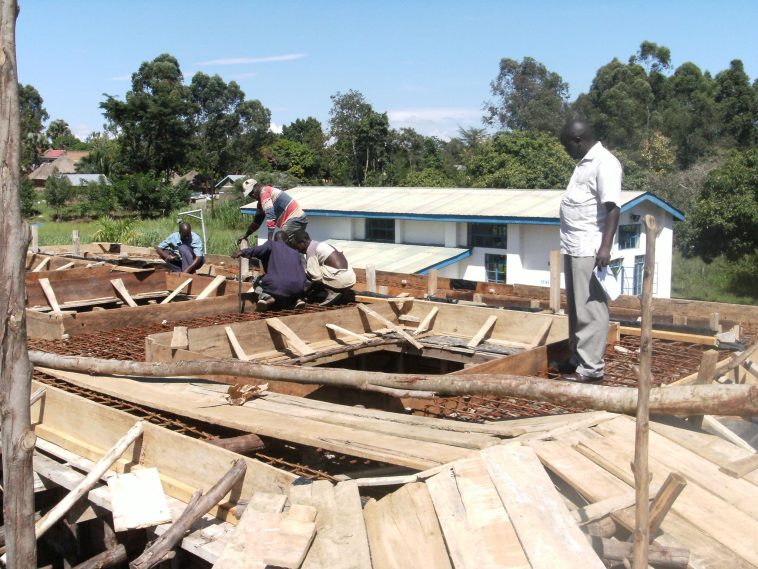Whenever I tell someone that I have never consumed alcohol or smoked cigarettes, or weed, they give me a curious look and insist it’s not true.
It is very rare to find an engineer—particularly a contractor—who does not drink or smoke, and some do so excessively.
The construction industry is far from a bed of roses. You might see an engineer driving a luxurious car, but I advise you: do not envy him.
The construction sector is likely one of the most stressful industries you could ever choose to enter. Everyone involved—from the client and citizens to politicians—acts like an expert. They always have a negative opinion or criticism about the project. The contractor is constantly under immense pressure.
If a study were carried out among contractors, you would find that a huge number of them are on hypertension medication. Some years back, I knew of another Contractor who picked money from the bank to do some work, he wasn’t paid. The bank came for his two houses after URA came demanding. The guy is now a Lecturer at a University.
The root cause is that clients often fail to pay on time. As of July 2025, the Ministry of Works and Transport alone owes up to 1.07 trillion Ugandan shillings to contractors, and the figure continues to rise. I am sure the amounts owed by other ministries are equally alarming. Total estimates, including private sector clients, currently puts it at over 5.3 trillion Ugandan shillings. This is money that contractors have already spent to deliver the project, much of which was borrowed from banks.
Our company is demanding more than 15 billion shillings for the past three years from government entities. This nearly collapsed us.
While the client’s team, politicians, and citizens are busy criticizing the contractor, the bank sends daily reminders about repayments. It is even worse if the contractor has borrowed from moneylenders.
In most cases, the client urges quick delivery, promising prompt payment. But as soon as the invoice is submitted, you are told that government processes must be followed. Then you start hearing excuses like budget cuts from the Ministry of Finance. Meanwhile, the Uganda Revenue Authority (URA) comes in full force. URA operates as if it is not part of the same government—it refuses to consider that you have not been paid by the very entity it collects taxes for.
If you are fortunate enough to receive even a small portion of the owed money, URA may have already issued an agency notice to deduct its share, and the bank claims the remainder to offset part of the loan, leaving you still in debt.
You have not yet paid the hardware supplier, who is pressuring you relentlessly. The local restaurant that provided meals for your team has not received payment either. But they hear that you were paid something—and demand their share of money you never even touched.
This year alone, I know of five local construction companies that have shut down, resulting in hundreds of job losses. Roko Construction the best construction company we had locally went on its knees too until bailout came.
The government needs to implement a deliberate policy to protect the local construction industry. This sector employs hundreds of thousands—if not millions—of Ugandans.
Amid all these pressures, engineers turn to alcoholism and smoking as a temporary escape from their problems. But they wake up to the same challenges the next day. And the cycle continues.
My dear friends, when you see us working on these massive projects, have mercy on us. We are under tremendous stress.
Joel Aita
Chairman, Joadah Group
This post was created with our nice and easy submission form. Create your post!









